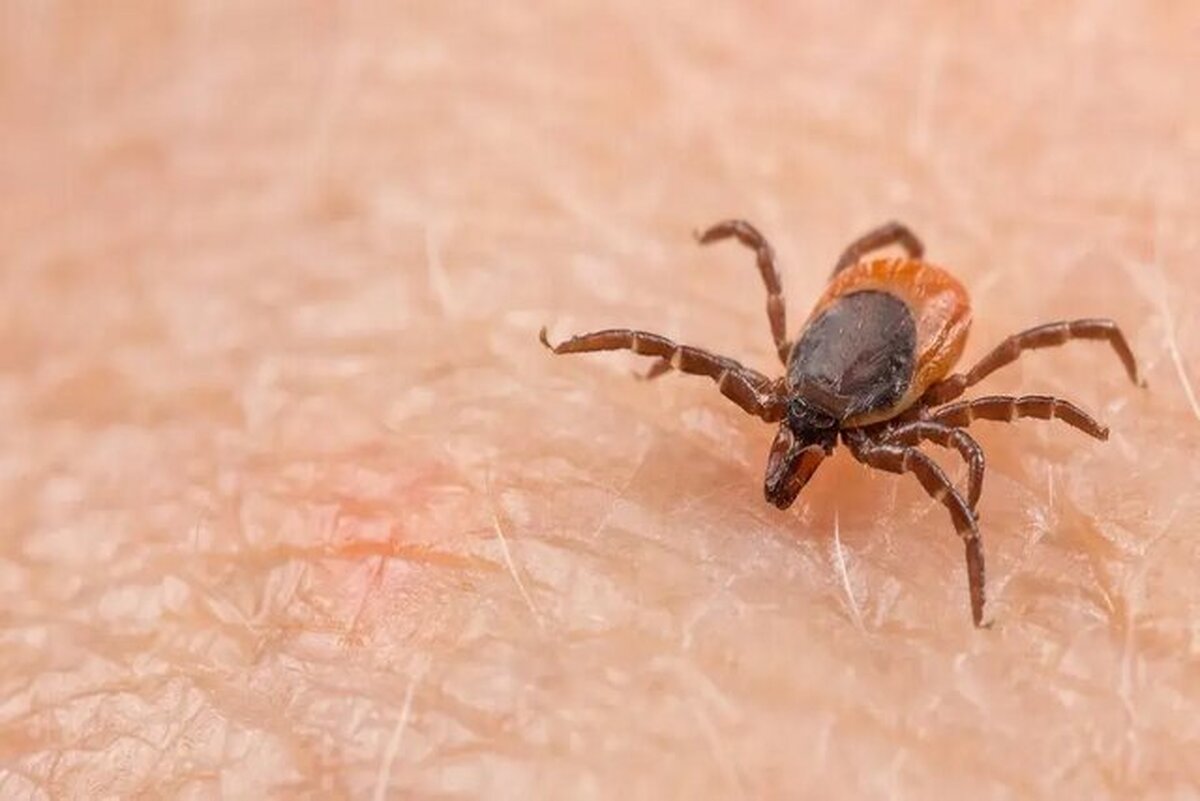Researchers in Iran Sets up Specific Center to Study, Fight Ticks

Head of the Research Center of Ticks and Related Contagious Diseases founded at the Faculty of Veterinary Medicine of University of Tehran (UT) Parviz Shayan said, “In this center, special research activities are being carried out to identify and select suitable proteins for candidate genes and design a vaccine against ticks.”
Stating that Iran's climatic characteristics lay a sutiable gorund for constant proliferation and spread of ticks, he stressed the need to monitor and check the parasite in different regions across the country every two to three years.
"Therefore, one of the activities of this center are determining the distribution of ticks and morphological and molecular identification of their different species."
He stated that the specialists at the UT center are in close contact with companies that produce or import chemical poisons used to fight ticks, adding, "The effectiveness of these poisons in fighting against the ticks is evaluated each year."
"Because pathogens can be very important in terms of passive defense, the center is trying to ascribe candidate genes for Iranian ticks so that the geographic location of transmission can be located," Shayan added.
He pointed out that ticks can transmit a variety of contagiuos diseases, adding that they have identified 808 tick-borne pathogens of medical or veterinary importance in their center.
"Considering the importance and role of ticks and the diseases transmitted by them in human and animal health, in order to determine the distribution, morphological and molecular diagnosis of ticks and the pathogens transmitted by them, the center for the study of ticks and diseases transmitted by them was established in the Faculty of Veterinary Medicine of the University of Tehran," he added.
He stated that the purpose of founding the center was to create a national network to identify, detect and control ticks and tick-borne diseases in Iran, adding, "Having reliable vaccines that guarantee animal health in terms of both quality and quantity and designing a comprehensive studying system for monitoring diseases at the country level and cooperating and exchanging information with a similar monitoring studying systems in other countries in the region are considered effective in order to achieve the goals forseen for the center."
The head of the ticks studies center further said htat strengthening the quality of the animal health service system to collect information about diseases and prepare a alert system for the epidemiological monitoring of diseases, disease control planning through vaccines and timely detection of diseases and issuing the necessary licences in accordance with international standards are other objectives in founding the center."
4155/i





















